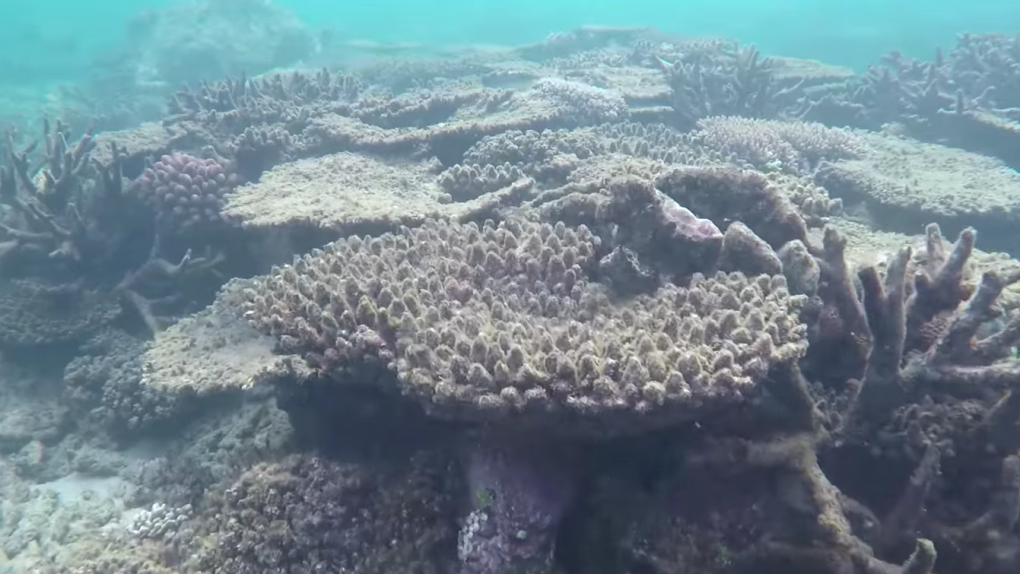Recent scientific investigations have revealed that some of the chemicals used in popular sunscreens are incredibly harmful to ocean life, including coral. With the world’s coral reefs already under attack from increasing ocean temperatures and human trash, they need all the help they can get, so the island country of Palau is going to do its part by banning many sunscreens.
The ban, which was signed into law by president Tommy Remengesau this week, will take effect starting in 2020, giving sunscreen manufacturers an opportunity to tweak their formulations in order to make them less toxic to the coral organisms that sustain the reefs.
This is hardly the first time a government has taken action against reef-toxic sunscreens. Earlier this year, Hawaii adopted a ban on specific sunscreen chemicals that will go into effect in 2021. The movement came in the wake of studies that found that much of the 14,000 tons of sunscreen that is deposited into the oceans by swimmers every year is killing off coral.
It’s important to note that none of this means sunscreens are about to go extinct. There are indeed “reef-safe” sunblock formulations that are available, and which don’t appear to harm coral organisms, but many of the most popular brands still use old formulas that are packed with toxic chemicals.
After the ban goes into effect in Palau, any shops found selling sunblocks that still contain the banned chemicals will face fines up to $1,000 per violation. That’s a fee that could pile up very rapidly, so it’s unlikely that any stores will take the risk.
Palau has good reason to be concerned for the health of its coral, as diving and ocean exploration is big business on the island. Killing off the coral and causing a collapse of local ocean ecosystems won’t just be bad for the environment, but would also have some serious negative effects on the country’s economy.
The same is actually true for many other countries, including the United States, though in a somewhat different way. As past research has shown, letting coral reefs die will actually cost governments more than it would to proactively save them from destruction.








